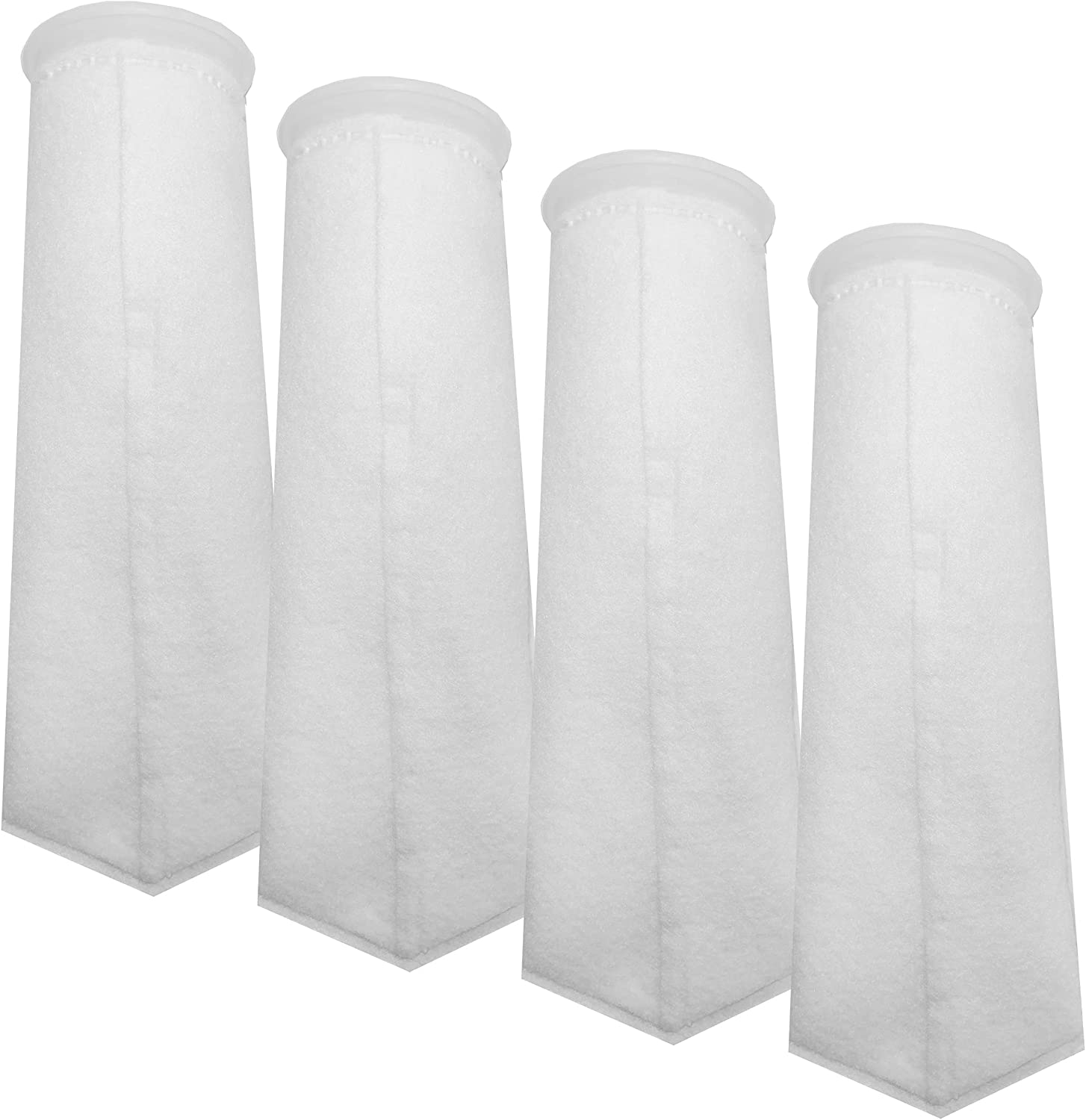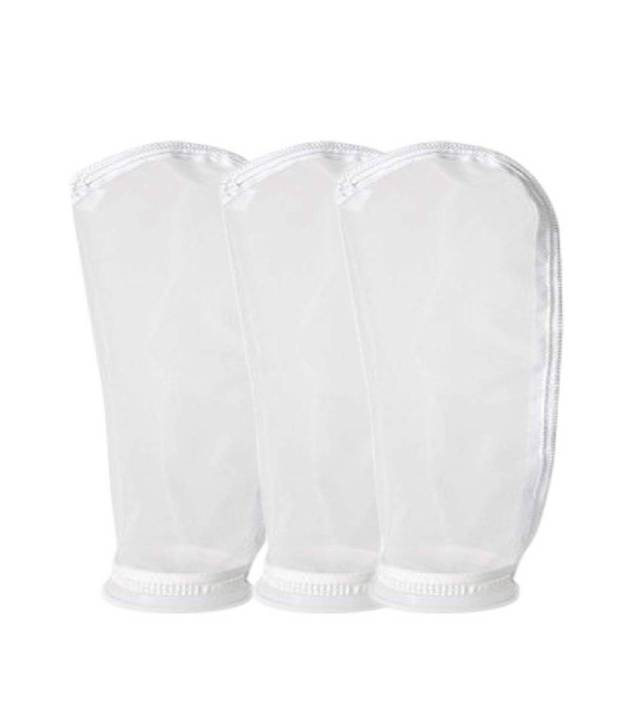News
What usage of the filter sock?
Filter Sock, an essential component in filtration systems, play a crucial role in various industries by efficiently separating solid particles from liquids or gases. This article aims to explore the diverse applications of filter bags, highlighting their significance in different sectors.

Firstly, in the field of waste incineration, filter bags are extensively used to purify exhaust gases. As urbanization advances and living standards improve, the management of municipal solid waste becomes increasingly important.Burning has emerged as an effective solution, enabling waste treatment to be harmless, reduced, and resourceful. In this process, filter bags, such as the GORE membrane filter bag, are employed to capture solid particles, neutralized reactants, activated carbon, and adsorbed dioxins from the flue gas. These bags ensure that emissions meet stringent environmental standards. The GORE membrane filter bag, known for its surface filtration technology, offers high filtration precision, low operating resistance, and extended service life, making it an ideal choice for this application.
Another significant area where filter bags find application is in the analysis of cellulose and fat in the food and feed industry. Pp Filter Bag Technology (FBT) has revolutionized the determination of crude fiber (CF), neutral detergent fiber (NDF), acidic detergent fiber (ADF), and acidic detergent lignin (ADL) in feed and food products. These specialized bags, made from materials resistant to harsh chemicals, allow for precise filtration during the analysis process. Similarly, in fat analysis, techniques like Accelerated Batch Extraction (ABE) utilize filter bags to separate fat from sample matrices, ensuring accurate and efficient results. The ANKOM XT series of fat analyzers, for instance, employs this technology, providing rapid and reliable fat extraction in laboratories worldwide.
The chemical industry also benefits immensely from filter bag technology. In processes involving the handling of chemicals, resins, and other fine particles, filter bags are used to remove impurities and ensure product purity. These bags, often made from materials like PP or PET, are designed to withstand chemical reactions and high temperatures, making them suitable for a wide range of applications. Whether it is in the production of pharmaceuticals, paints, or coatings, filter bags help maintain product quality and safety.

Furthermore, in environmental protection and wastewater treatment, micron-level Polypropylene Water Filter Sock are employed to filter out tiny particles and impurities from liquids. These bags are particularly effective in industries such as food and beverage, where they clarify liquids like fruit juices and alcoholic beverages, enhancing product clarity and shelf life. In wastewater treatment plants, filter bags help remove contaminants, ensuring that the treated water meets discharge standards.
In the electronics industry, where precision is paramount, filter bags are used in the manufacturing of circuit boards and other electronic components. These bags filter out minute particles that could potentially cause defects, ensuring the reliability and performance of the final product.

In conclusion, filter bags are a versatile filtration solution with applications spanning across numerous industries. From waste incineration and food analysis to chemical processing and environmental protection, their role in enhancing product quality, ensuring safety, and meeting environmental regulations cannot be overstated. As technology continues to advance, the development of more efficient and specialized filter bags will undoubtedly further expand their utility in various fields.



